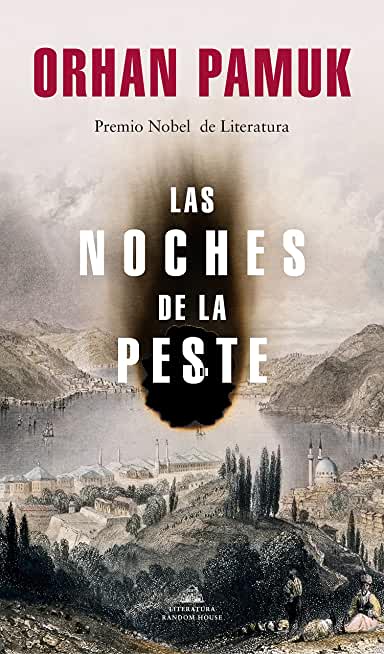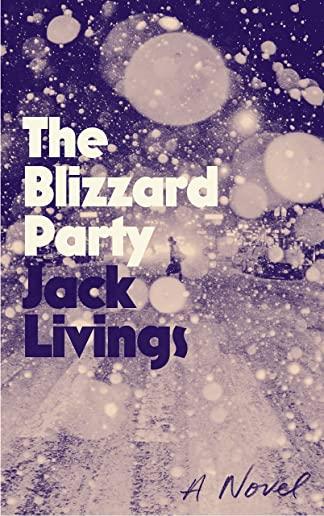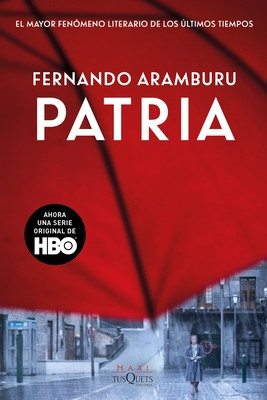
description
2LA NUEVA NOVELA DEL PREMIO NOBEL DE LITERATURA
AMOR, INTRIGA Y LUCHA EN UNA HISTORIA SOBRE LAS PANDEMIAS Y LAS REVOLUCIONES DEL PASADO Abril de 1901. Un barco se dirige hacia la isla de Minguer, la perla del Mediterráneo oriental. A bordo se encuentran la princesa Pakize Sultan, sobrina del sultán Abdülhamit II, y su reciente esposo, el doctor Nuri, pero también un misterioso pasajero que viaja de incógnito: el célebre inspector jefe de sanidad del Imperio otomano, encargado de confirmar los rumores de peste que han llegado hasta el continente. En las animadas calles de la capital portuaria nadie puede imaginar la amenaza, ni la revolución que está a punto de fraguarse. Desde nuestros días, una historiadora nos invita a asomarnos a los meses más turbadores que cambiaron el rumbo histórico de esta isla otomana, marcada por el frágil equilibrio entre cristianos y musulmanes, en un relato que combina historia, literatura y leyenda. En esta nueva obra del Nobel, destinada a convertirse en uno de los grandes clásicos sobre plagas, Pamuk indaga en las pandemias del pasado. Las noches de la peste es la historia de supervivencia y lucha de unos protagonistas que lidian con las prohibiciones de la cuarentena y la inestabilidad política: un apasionante relato épico de atmósfera asfixiante donde la insurrección y el asesinato conviven con las ansias de libertad, el amor y los actos heroicos. ENGLISH DESCRIPTION A new book by the winner of the Nobel Prize in Literature. Part detective story, part historical epic--a bold and brilliant novel that imagines a plague taking over a fictional island in the Ottoman Empire. It is April 1900, in the Levant, on the imaginary island of Mingeria--the 29th state of the Ottoman Empire--located in the eastern Mediterranean between Crete and Cyprus. Half the population is Muslim, the other half are Orthodox Greeks, and tension is high between the two. When a plague arrives--brought either by Muslim pilgrims returning from the Mecca, or by merchant vessels coming from Alexandria--the island revolts. To stop the epidemic, the Ottoman sultan Abdul Hamid II sends his most accomplished quarantine expert to the island--an Orthodox Christian. Some of the Muslims, including followers of a popular religious sect and its leader Sheikh H, refuse to take precautions or respect the quarantine. And the sultan's expert is murdered. As the plague continues its rapid spread, the sultan sends a second doctor to the island, this time a Muslim, and strict quarantine measures are declared. But the incompetence of the island's governor and local administration and the people's refusal to respect the bans dooms the quarantine to failure, and the death count continues to rise. Faced with the danger that the plague might spread to the West and to Istanbul, the sultan bows to international pressure and allows foreign and Ottoman warships to blockade the island. Now the people of Mingeria are on their own, and they must find a way to defeat the plague themselves. Steeped in history and rife with suspense, Nights of Plague is an epic story set more than one hundred years ago with themes that feel remarkably contemporary.
AMOR, INTRIGA Y LUCHA EN UNA HISTORIA SOBRE LAS PANDEMIAS Y LAS REVOLUCIONES DEL PASADO Abril de 1901. Un barco se dirige hacia la isla de Minguer, la perla del Mediterráneo oriental. A bordo se encuentran la princesa Pakize Sultan, sobrina del sultán Abdülhamit II, y su reciente esposo, el doctor Nuri, pero también un misterioso pasajero que viaja de incógnito: el célebre inspector jefe de sanidad del Imperio otomano, encargado de confirmar los rumores de peste que han llegado hasta el continente. En las animadas calles de la capital portuaria nadie puede imaginar la amenaza, ni la revolución que está a punto de fraguarse. Desde nuestros días, una historiadora nos invita a asomarnos a los meses más turbadores que cambiaron el rumbo histórico de esta isla otomana, marcada por el frágil equilibrio entre cristianos y musulmanes, en un relato que combina historia, literatura y leyenda. En esta nueva obra del Nobel, destinada a convertirse en uno de los grandes clásicos sobre plagas, Pamuk indaga en las pandemias del pasado. Las noches de la peste es la historia de supervivencia y lucha de unos protagonistas que lidian con las prohibiciones de la cuarentena y la inestabilidad política: un apasionante relato épico de atmósfera asfixiante donde la insurrección y el asesinato conviven con las ansias de libertad, el amor y los actos heroicos. ENGLISH DESCRIPTION A new book by the winner of the Nobel Prize in Literature. Part detective story, part historical epic--a bold and brilliant novel that imagines a plague taking over a fictional island in the Ottoman Empire. It is April 1900, in the Levant, on the imaginary island of Mingeria--the 29th state of the Ottoman Empire--located in the eastern Mediterranean between Crete and Cyprus. Half the population is Muslim, the other half are Orthodox Greeks, and tension is high between the two. When a plague arrives--brought either by Muslim pilgrims returning from the Mecca, or by merchant vessels coming from Alexandria--the island revolts. To stop the epidemic, the Ottoman sultan Abdul Hamid II sends his most accomplished quarantine expert to the island--an Orthodox Christian. Some of the Muslims, including followers of a popular religious sect and its leader Sheikh H, refuse to take precautions or respect the quarantine. And the sultan's expert is murdered. As the plague continues its rapid spread, the sultan sends a second doctor to the island, this time a Muslim, and strict quarantine measures are declared. But the incompetence of the island's governor and local administration and the people's refusal to respect the bans dooms the quarantine to failure, and the death count continues to rise. Faced with the danger that the plague might spread to the West and to Istanbul, the sultan bows to international pressure and allows foreign and Ottoman warships to blockade the island. Now the people of Mingeria are on their own, and they must find a way to defeat the plague themselves. Steeped in history and rife with suspense, Nights of Plague is an epic story set more than one hundred years ago with themes that feel remarkably contemporary.
member goods
No member items were found under this heading.
Return Policy
All sales are final
Shipping
No special shipping considerations available.
Shipping fees determined at checkout.







